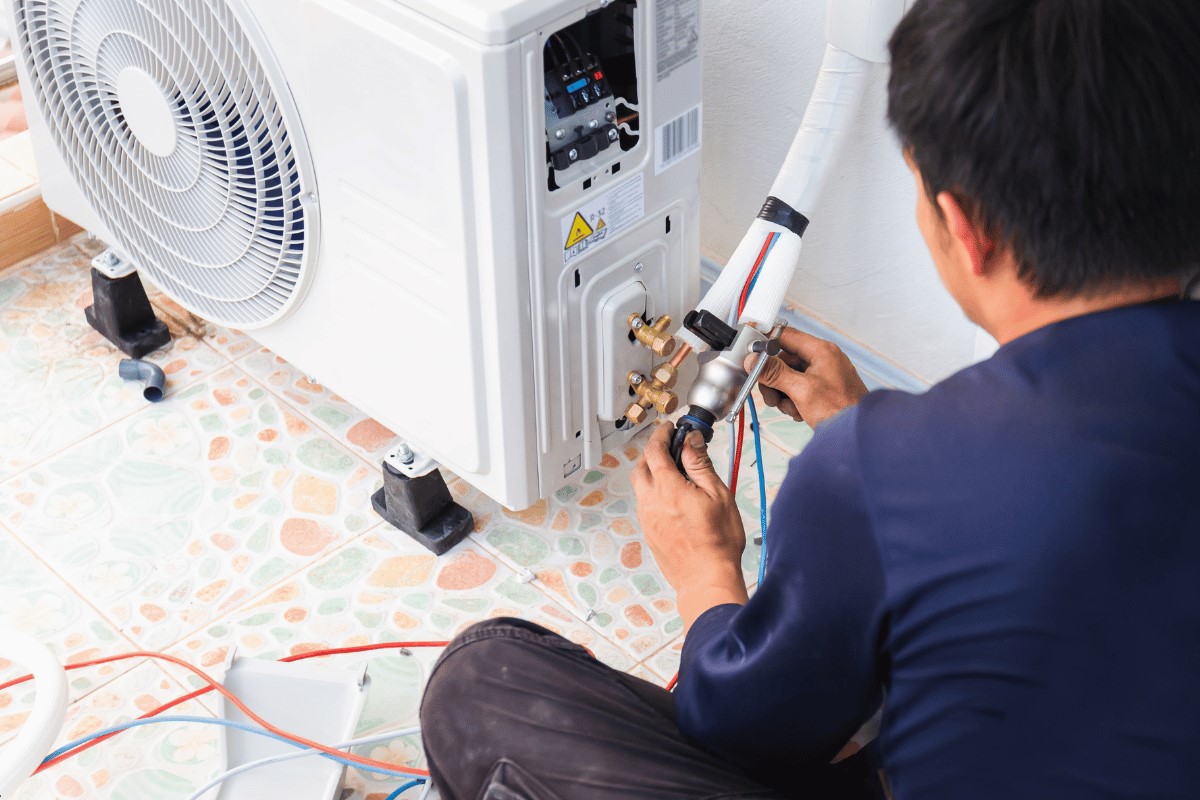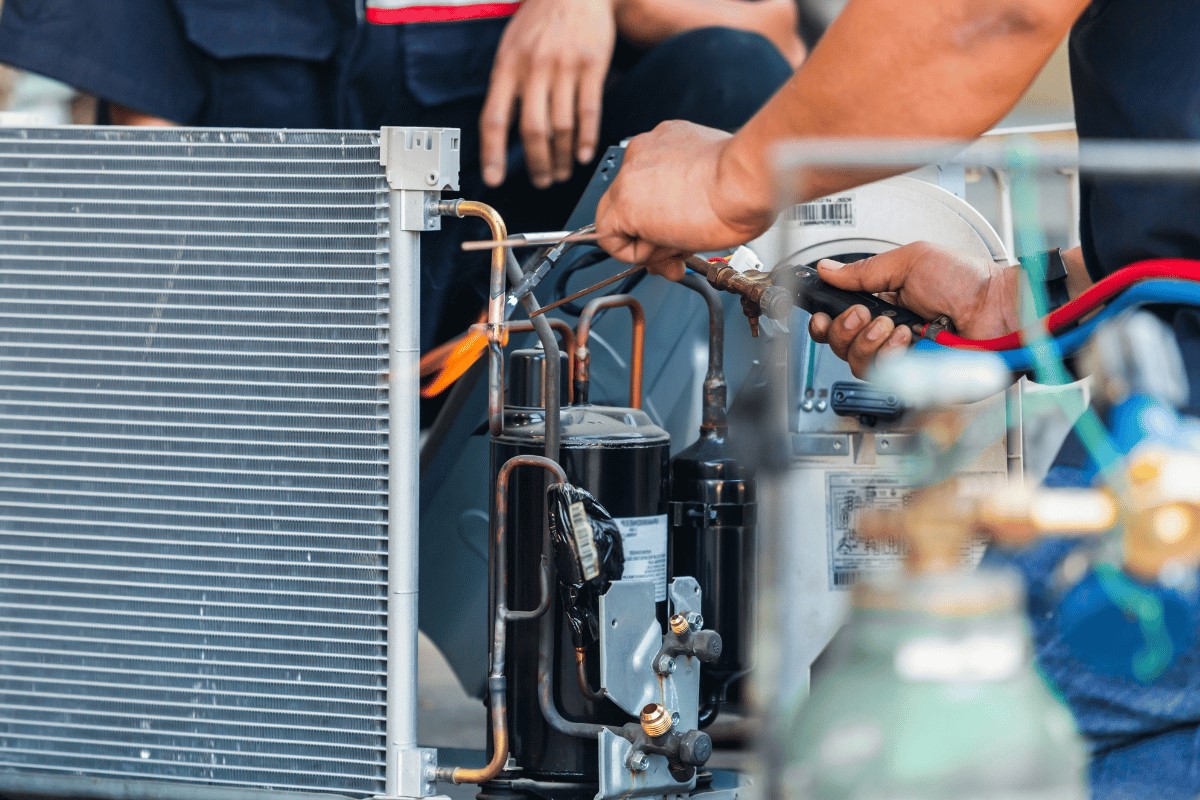How HVAC Maintenance Companies Prepare Your System for Extreme Weather

Extreme weather events are happening more often and with more force all throughout the country. This affects not only the time we spend outside, but also the safety and comfort of our indoor spaces. Bad weather, such wildfires, excessive heat, strong storms, and sudden power outages, can put extra stress on our heating and cooling systems. You can make your HVAC system last longer, use less energy, and keep your house warm no matter what bad weather comes your way by taking steps today.
1. Change your filters often.
It’s easy to take care of your system’s air filters, but people often forget to do so. And don’t get me wrong: clean air filters are really important for both efficiency and the quality of the air inside your home, especially when the weather is really bad and your system has to work harder. When filters get clogged, your system has to work harder, which raises energy expenses and could cause it to break down.
- During busy times when your system is working extra hard, check the filters every month.
- Get a few additional filters to have on hand so that you don’t run out when you need a new one.
- If you have pets or allergies, you should change your basic filters every one to three months, or more often.
- For better air quality and system performance, think about getting high-efficiency filters.
Changing filthy filters is an easy job that only takes five minutes and can spare your system from a lot of stress and keep repair people from having to come out when the weather is really bad.
2. Maintain and clean your outdoor unit
Your outdoor AC unit sits outside every day, no matter what the weather is like. It can handle everything from the hot sun to the pouring rain. It could be easier than you think to keep it in good shape:
- Sweep out leaves, twigs, and other trash that collect around the unit. They can obstruct airflow and make your system work harder.
- Cut back bushes and plants at least two feet from all sides to give your unit some space to breathe.
- Every now and again, walk around your unit to check for loose panels or damage that you can see before they get worse.
- If you live in an area that gets storms, think about putting a mesh cover on your system to keep debris out. Just remember to take it off before you turn it on!
- Do you live in a place that floods? To keep your outdoor unit above rising water levels, think about putting it on a concrete pad.
3. When to Call a Professional
Even if you do everything you can to get ready, bad weather can still mess up your HVAC system. Look and listen for these indicators that you should call us:
- If you hear any kind of pounding, whistling, or grinding sound coming from your system, it’s not normal and you should pay attention.
- If you go from one room to another and grab a blanket and then start sweating, that suggests the temps aren’t even and your system is probably having trouble.
- If your system keeps turning on and off.
- If your vents or the unit itself smell strange.
- If you change the temperature on your thermostat but nothing happens.
- If you see water or leaks near your indoor unit.
If you catch these problems early, you won’t have to deal with a home that is too hot during a heat wave or too cold during an unexpected freeze. And that’s something everyone in the home will like!

In conclusion
Even the best HVAC systems can have problems in bad weather. But if you prepare and keep up with routine maintenance, your home can stay warm and secure no matter what the weather is like. We at Moltocare know that the region has its own set of environmental problems, such as extreme heat waves, dust storms, and sudden rain.
We are one of the most trusted HVAC maintenance companies in Dubai. We know how to prepare and safeguard your system with skilled care and quick service. Our goal is to assist you stay ahead of any weather-related problems by changing filters, checking outdoor units, and providing emergency service.
Don’t wait for bad weather to hit. Call Moltocare immediately to set up an HVAC check-up and be sure you’ll be safe all year.








